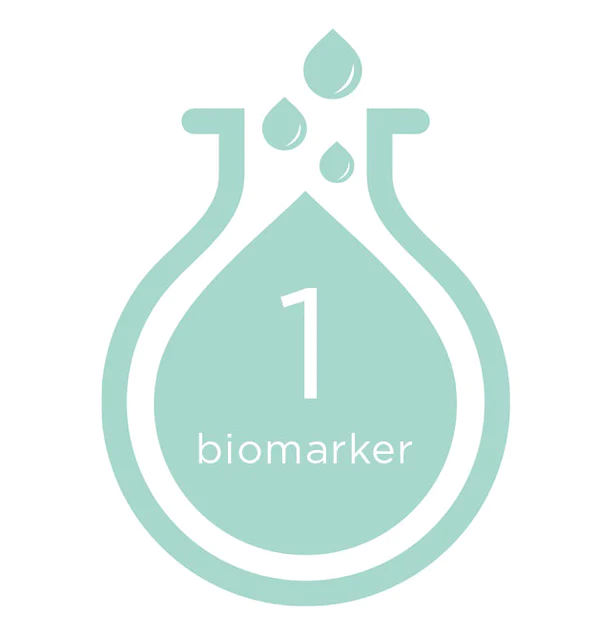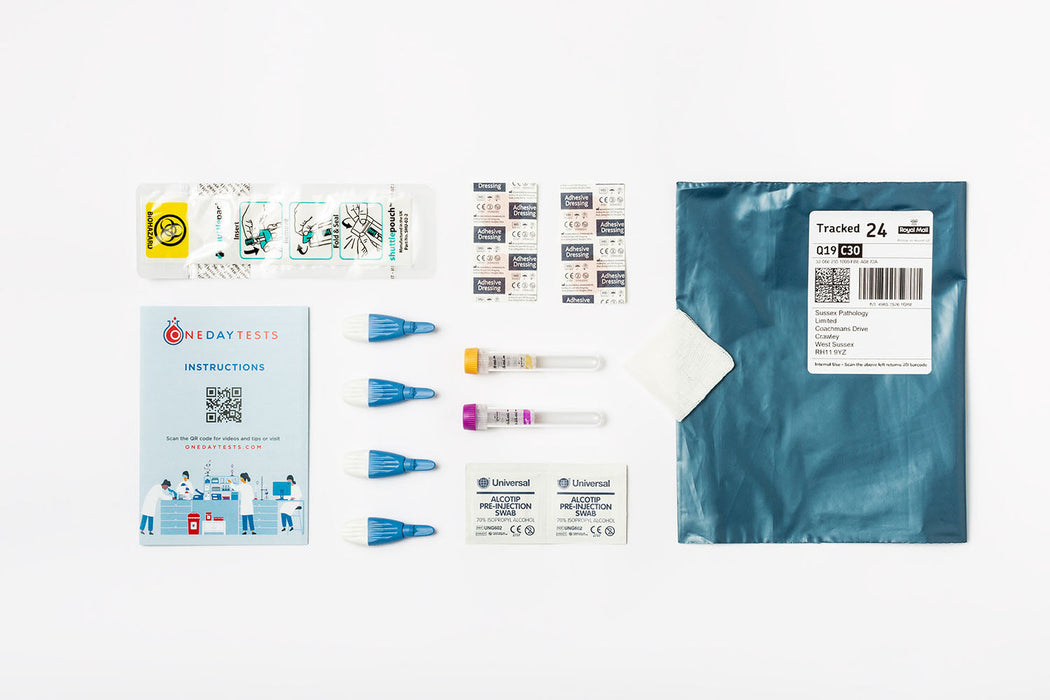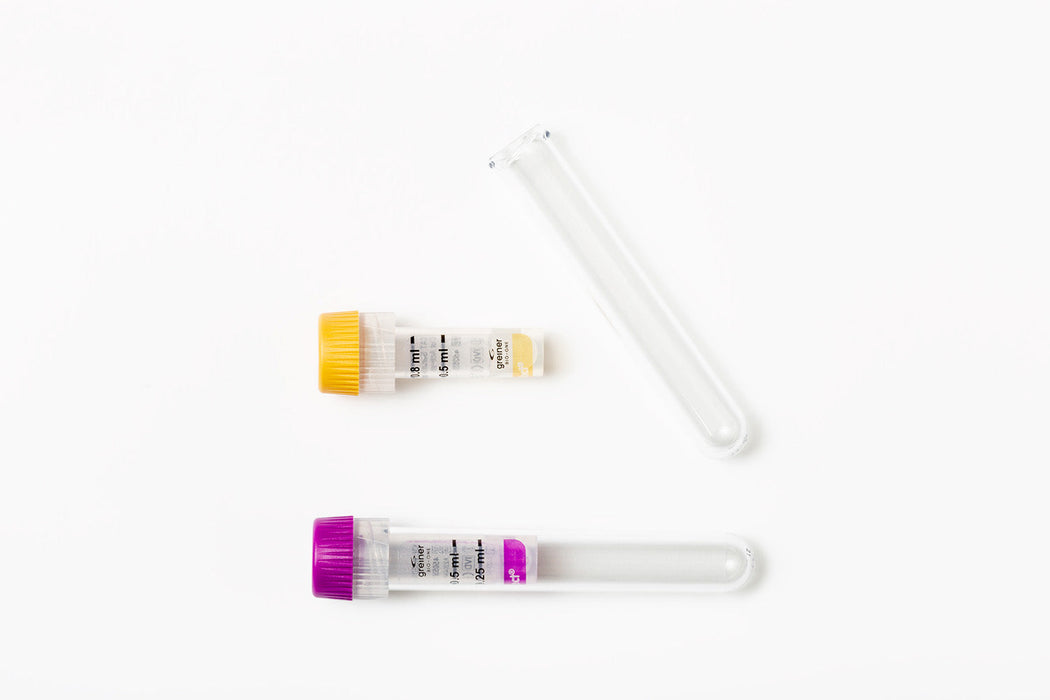What is it?
Vitamin D helps regulate the amount of calcium and phosphate in the body. These nutrients are needed to keep bones, teeth and muscles healthy.
A lack of vitamin D can lead to bone deformities such as rickets in children, and bone pain caused by a condition called osteomalacia in adults.
General advice is that everyone should consider taking a daily vitamin D supplement during the autumn and winter.
Reference ranges
If your indicative Vitamin D level is lower than the reference range for our laboratory:
Vitamin D deficiency (low concentrations in your body) occurs when your body does not get enough vitamin D from sunlight or normal diet. Vitamin D deficiency can cause loss of bone density, osteoporosis, and broken bones.
General advice is that everyone should consider taking a daily vitamin D supplement during the autumn and winter, whereby around 10 micrograms a day should be sufficient.
You should discuss this result with your GP if you have concerns or symptoms.
If your indicative Vitamin D level is higher than the reference range for our laboratory:
Taking too many vitamin D supplements over a long period of time can cause too much calcium to build up in the body (hypercalcaemia). This can weaken the bones and eventually damage the kidneys (calcium stones) and the heart. It can cause nausea and vomiting, weakness, and frequent passing of urine.
If you are taking vitamin D supplements, around 10 micrograms a day should be sufficient. It is very rare to get overdose of Vitamin D from sunlight or normal foods. Normally it observed from overuse of vitamin supplements.
You should discuss this result with your GP if you have concerns or symptoms.
















